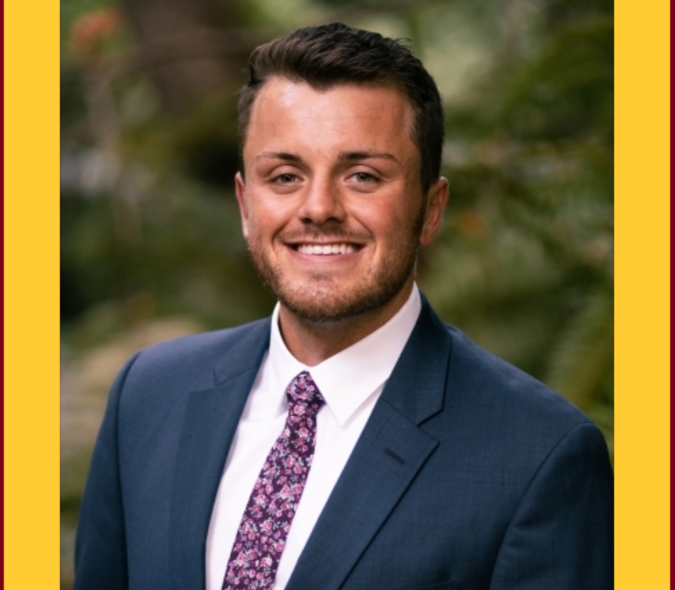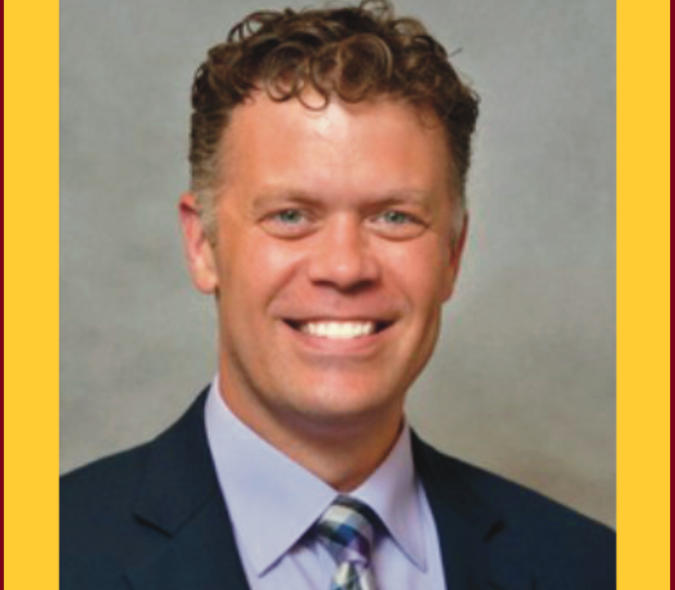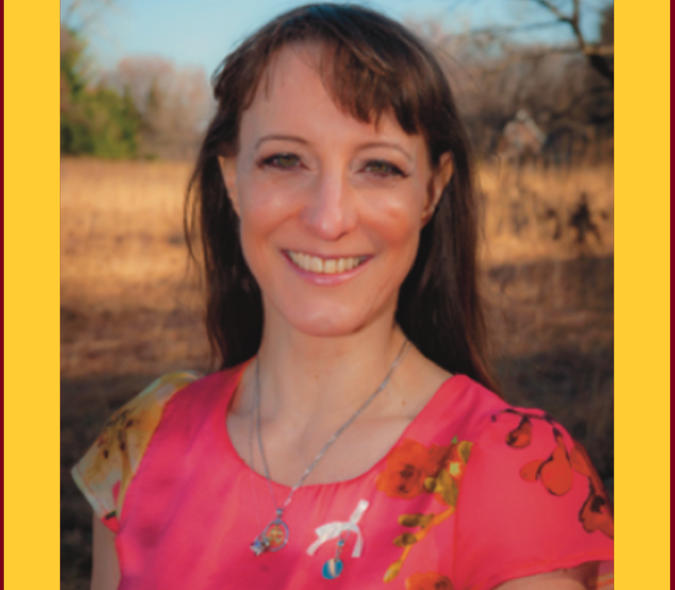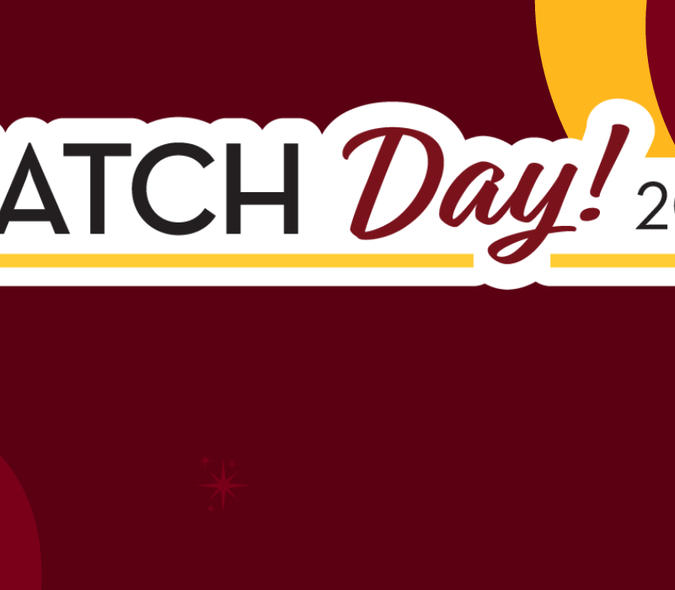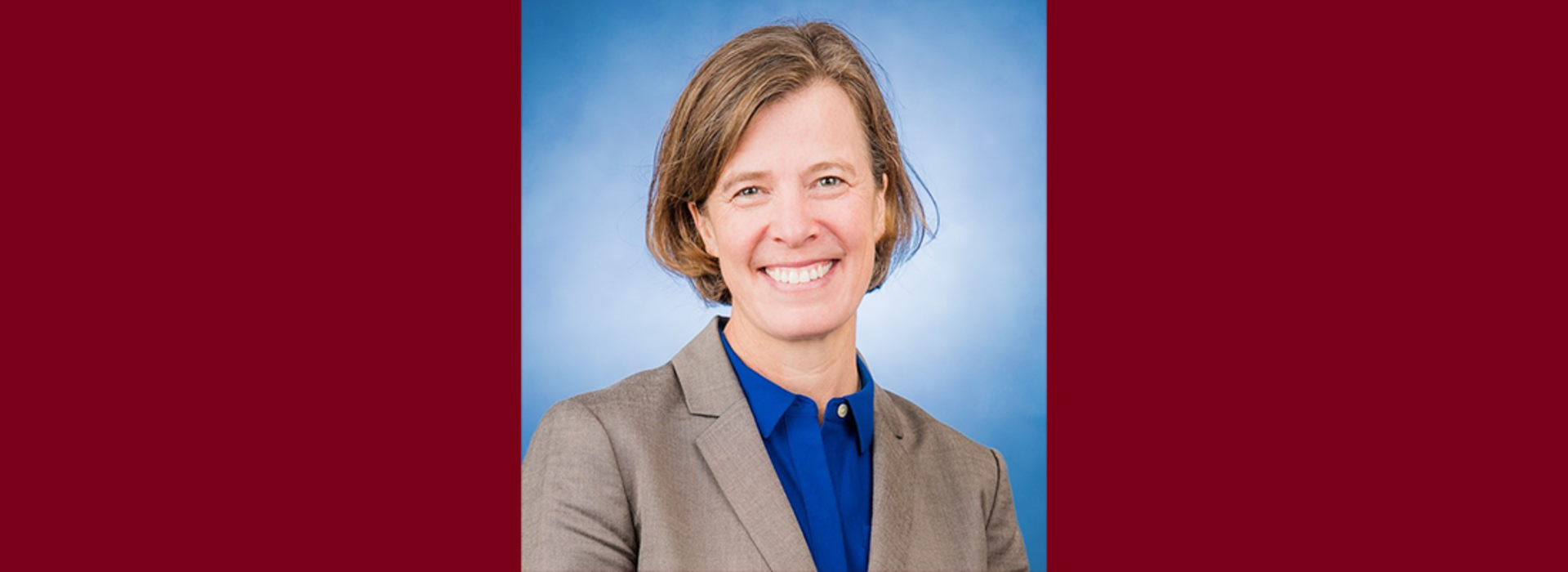
A Late-Career Fellow Fosters a Love of Palliative Medicine
Anne Pereira, MD, will begin a role as professor in the UMN Department of Medicine this fall. She completed a Hospice and Palliative Medicine fellowship in the Department of Family Medicine and Community Health in June 2021. In this interview, Dr. Pereira shares her unique career pathway.
Could you please tell us about your career journey?
I'm a late-career fellow, so my decision to choose the academic path happened long before my fellowship in palliative medicine in the Department of Family Medicine and Community Health. After I completed medical school, I went to Hennepin County Medical Center for residency in internal medicine. I admired my educational mentors, some of whom are still good friends and mentors.
I was excited about pursuing academic medicine, mostly for a clinician-educator pathway as well as program development, leadership, and a critical review of the work that we're doing. All of that made me choose to pursue an academic general medicine fellowship at Harvard. I did that right out of residency and then had the good fortune of being recruited to come back and run the medicine residency at Hennepin.
I've had a variety of roles since then, but my primary driver was a desire to give back. What I always enjoyed about an academic career is that in-the-moment professional satisfaction of hoping to make a difference for an individual patient while also having the opportunity to zoom out and think about how to contribute to the education of future physicians.
I've had the opportunity to grow, learn, and keep changing throughout my career, and I'm excited about my next role as professor in the Department of Medicine.
What made you choose to do the Department of Family Medicine and Community Health's Hospice and Palliative Medicine Fellowship?
I had been thinking about it for about 15 years. When I graduated from residency, it wasn't yet a subspecialty, so I didn't contemplate it then. In about 2004-2005, I had a mentor, former UMN faculty Jeff Rubins, MD, a pulmonary critical care doctor who grandfathered into palliative medicine—and that was the first I'd heard of it as a possibility. It wasn't the right time for me to do it then since I was a new program director, but it had been in the back of my mind ever since.
Eventually, I realized two things. First, I was far enough in my career that if I didn't do it, it would be too late and it would always be a professional regret. Second, in my previous role, I decided to see my responsibility through till after our LCME site visit and then transition into the Hospice and Palliative Medicine fellowship at the University of Minnesota. As it happens, COVID delayed the LCME site visit. But that was my grand plan pre-COVID when I applied to the fellowship.
Why palliative medicine?
What I've always loved about being a general internist is having the opportunity to walk with people in their chronic disease management. Just like in family medicine, we help people manage their diabetes or high blood pressure or their lung disease.
Similarly, what was always the most professionally satisfying for me is when I had the opportunity to help people think through what care would maximize their quality of life and help them live the best life they could. Palliative care is exactly the distillation of that experience.
What was your experience with the Department's Hospice and Palliative Medicine Fellowship?
I loved it. After having had other roles, probably the benefit for me is that I got to be a learner again. Especially during COVID, the death of George Floyd, and the insurrection on January 6th, the whole world felt like it was exploding. In the midst of that, I had the opportunity to say, "This is my space. I get to learn this." Being able to sit with patients just made everything else go away.
One great aspect of this fellowship is it's so focused on our learning and professional development. It wasn't just about showing up and doing the work because they needed a fellow to do the work. We did work, of course, but we were an important part of the team, and our teachers were focused on helping us become the best palliative medicine doctors we could be.
I am so thankful that I had the opportunity to do this. It feels like a huge privilege, and it's been fun for me to be in the Department of Family Medicine and Community Health.
Learn more about the Hospice and Palliative Medicine Fellowship
